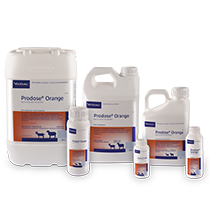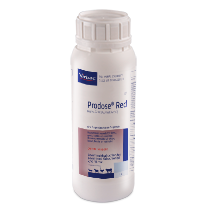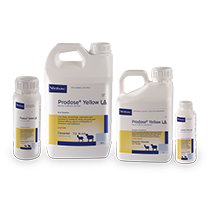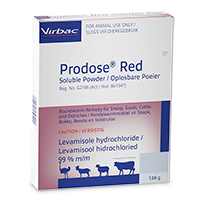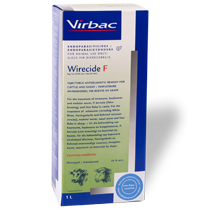
Faecal Egg Counts as Management Tool in Sheep
Faecal egg counts are done to determine the number of roundworm eggs in a gram of sheep dung, as an indicator of the (adult) worm burden within the sheep.
Roundworms are the most important to look out for as they have the biggest negative impact on sheep and can often lead to mortalities. Other parasites that can be detected with faecal samples are liver fluke, tape worm and coccidia.
Faecal egg counts (FEC) in sheep can be done for a variety of reasons:
- It can be used, in conjunction with other relevant information, to decide whether drenching is necessary instead of waiting until sheep are visibly affected or mortalities occur.
- As an aid in sheep breeding programs that select for resistance against roundworms, especially wireworm.
- To determine the efficacy of a specific drench on a specific farm.
There are a few factors that must be considered when using FEC’s:
- Never use a FEC alone to make drenching decisions – look at the all the information available i.e.: Famacha, body condition score, diarrhoea and other clinical signs, age of the sheep, reproduction stage, drench history, climatic conditions etc.
- It is virtually impossible to distinguish between Wireworm, Brown Stomach worm and Bankrupt worm eggs. So if you look only at worm eggs without any additional information, you do not know what you are looking at. Egg production differ greatly between worm species i.e. – Wireworm females can produce up to 10 000 eggs per day, Bankrupt worm up to 200 and Brown stomach worm up to a 100. Thus a FEC of 500 eggs will have a totally different importance depending on whether Wire worm is concerned as opposed to Bankrupt worm. In some instances 30% of sheep may harbour 80% of the worms. With small test samples (few sheep), this can give misleading results. It is thus very important to know which worm species occur in your area and at what time of the year which species are the problem.
- Regular FEC’s are more effective in assisting with drenching decisions than once off egg counts. (Like going into a hen’s house and declaring there are no hens because there are no eggs in the nests on that day).
- Faecal egg count reduction tests (FECRT) are used to determine the efficacy of a drench. It must be done according to a strict set of specifications, from selecting the type and number of sheep to be sampled, accurate drenching, proper collecting and transport of the before and after samples, to the actual method used for counting.
From all the above it is clear that Faecal Egg Counts and their interpretation must be done with the help of expert advice. Your Technical Sales Advisor is trained to assist you with this process in cooperation with your local veterinarian.

